2023 China-Africa Innovation Cooperation and Development Forum & Hubei International Technology Exchange Conference held by the Ministry of Science and Technology of the People's Republic of China and the People's Government of Hubei Province, had its grand opening on July, 2023. Zheng Xin, Vice President of Yangtze Optical Fibre and Cable Joint Stock Limited Company (hereinafter referred to as "YOFC", stock code: 601869.SH, 06869.HK), attended the conference.
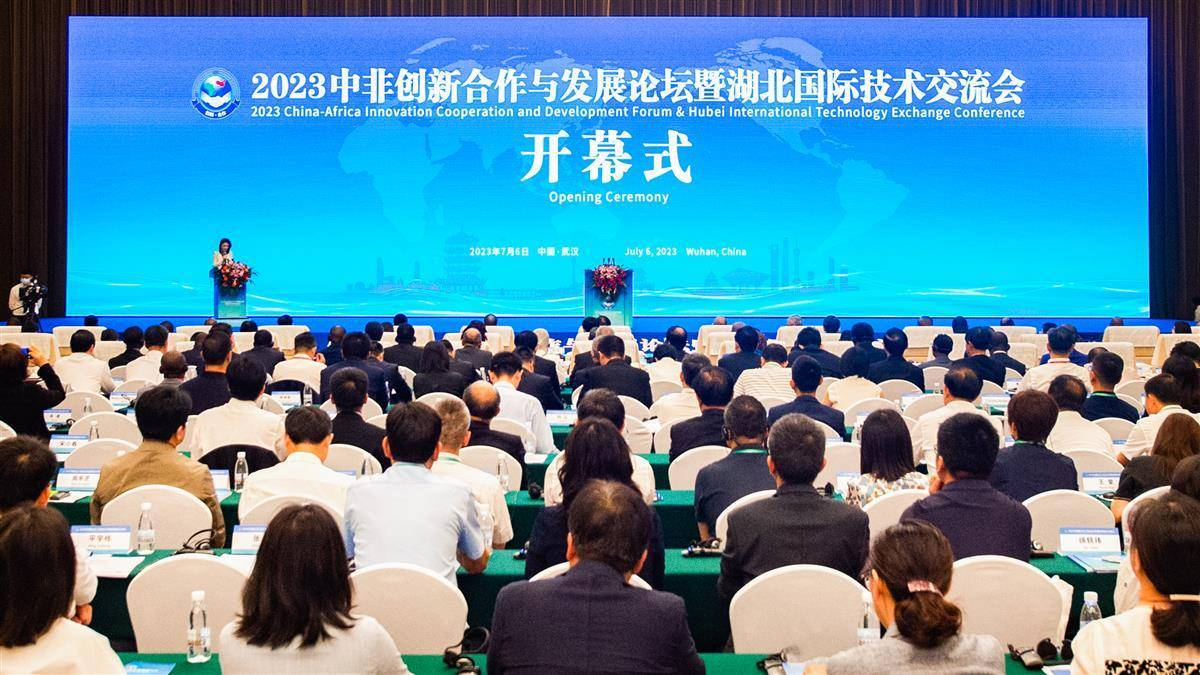
Meanwhile, the First China-Africa Digital Innovation Cooperation and Development Forum was successfully held in Wuhan East Lake Hotel jointly by YOFC State Key Laboratory and China-Africa Innovation Center. Wang Dongmei, Deputy Director-General of the Department of Science and Technology of Hubei Province, and Luo Jie, Technical Director of YOFC and Director of the State Key Laboratory of Optical Fibre and Cable Manufacture Technology, delivered speeches. Zhang Chengliang, Director of China Telecom Research Institute, Tang Ming, Executive Director of the School of Future Technology of Huazhong University of Science and Technology; Tjekero Tweya, Chairman of the Standing Committee on Natural Resources and Minister of Industrialization, Trade and SME Development of Namibia in Africa; Pieter E. Viljoen, General Manager of YOFC South Africa Branch; Flora M. Fabian, Vice Chancellor of Mwanza University in Tanzania; Omayma Ghanem Zaidan, former Cultural Counsellor of the Embassy of Egypt in China/Professor of Ain Shams University; Pascal Kapagama Ikando, Professor of the University of Kinshasa in the Democratic Republic of Congo, were invited to attend the forum. The forum was held as a hybrid of online and in-person, hosted by Xiong Liangming, Executive Deputy Director of the Laboratory.
Wang Dongmei emphasized that it was more urgent to step up cooperation between China and Africa than ever, particularly in the realms of scientific and technological innovation. This has become a key focus within China's broader efforts to enhance scientific and technological openness and collaboration. In a new era, Hubei Province aims to accelerate the development of Wuhan into a nationally influential center for scientific and technological innovation, contributing to the establishment of a China-Africa community with a shared future. Wang expressed hopes for the forum to serve as a high-quality platform for promoting digital innovation and cooperation. YOFC and the State Key Laboratory, under its leadership, are actively initiating a new chapter of innovation and cooperation between China and Africa.
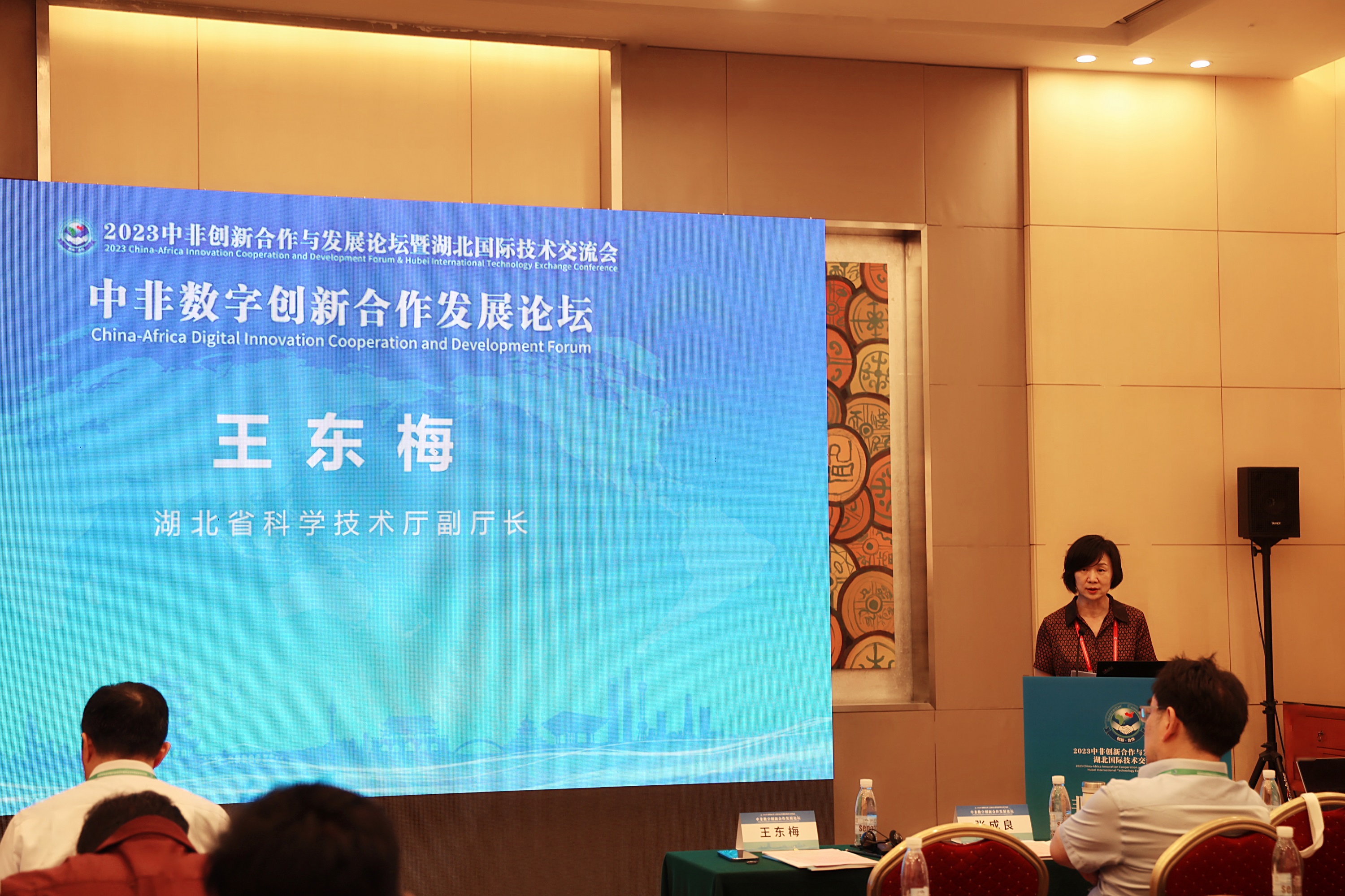
Luo Jie highlighted that YOFC and its State Key Laboratory have proactively acted on the Ministry of Science and Technology's directives. They have engaged in R&D, industry-university-research integration, innovation, and international collaborations in cutting-edge technologies. These include frontier and marine communications, laser and gain, extreme environment, and next-generation monofilament manufacturing technology. These endeavors are centered around national strategic priorities such as cyberpower, maritime power, and manufacturing power. Through the organization of the China-Africa Digital Innovation Cooperation and Development Forum, the collective wisdom of China and Africa converges, fostering a unified force in science and technology. This synergy injects new impetus into the sustainable development of digital innovation cooperation between China and Africa.
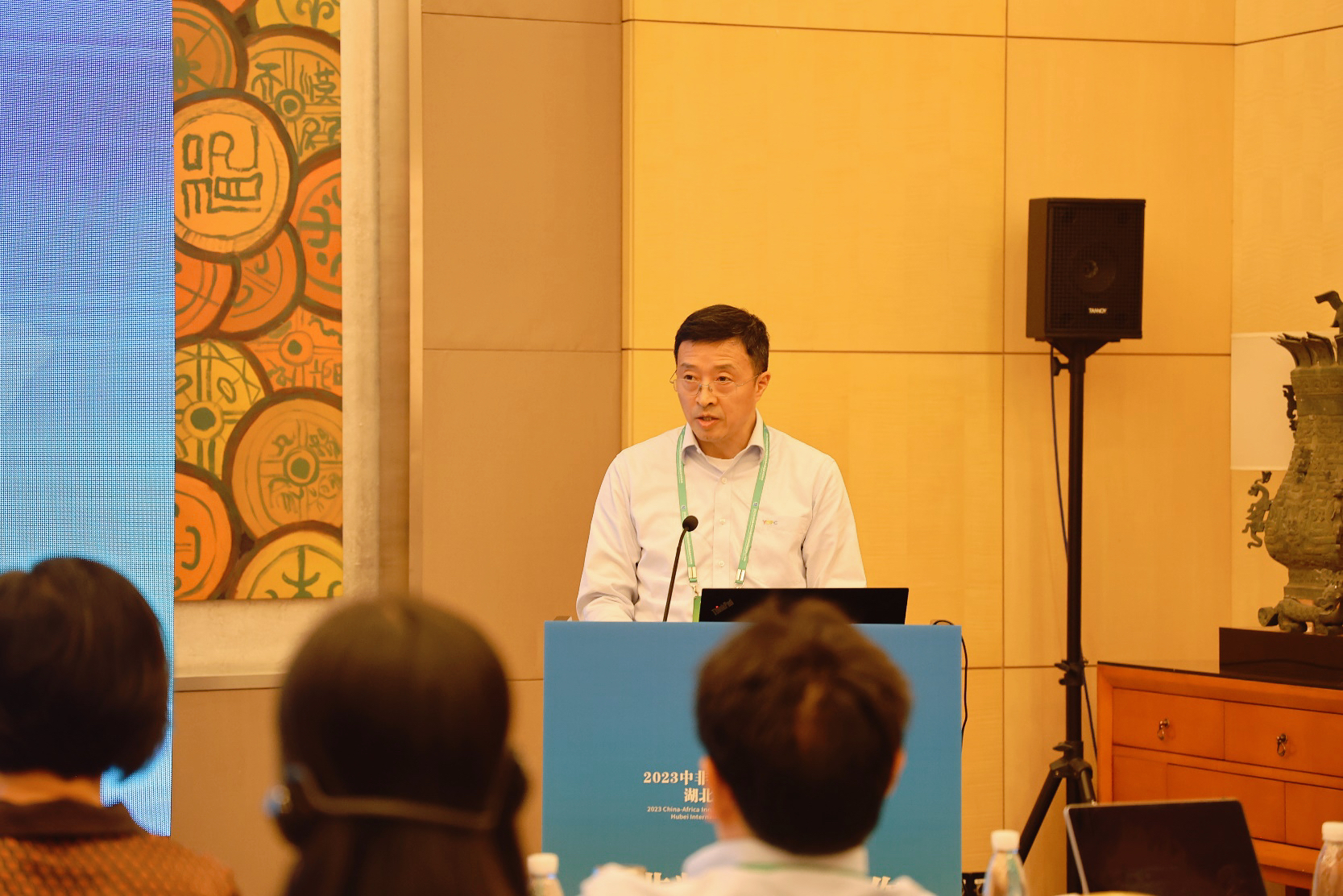
As a representative of the co-construction unit of state key laboratories, Zhang Chengliang, Director of China Telecom Research Institute, was invited to attend the conference and deliver a speech. He emphasized the digital economy as a new driving force for economic and social development and highlighted the crucial role of optical networks as key components and foundational elements of digital information infrastructure. He mentioned the rapid advancements in technology and how space division multiplexing optical fibre and band-gap fibre can enhance optical transmission capacity, creating new opportunities for optical network development. China Telecom has established four regional networks with the United Arab Emirates, Kenya, South Africa, and Nigeria as its core focus. The company is committed to bridging the digital divide and contributing to digital infrastructure connectivity in Africa.
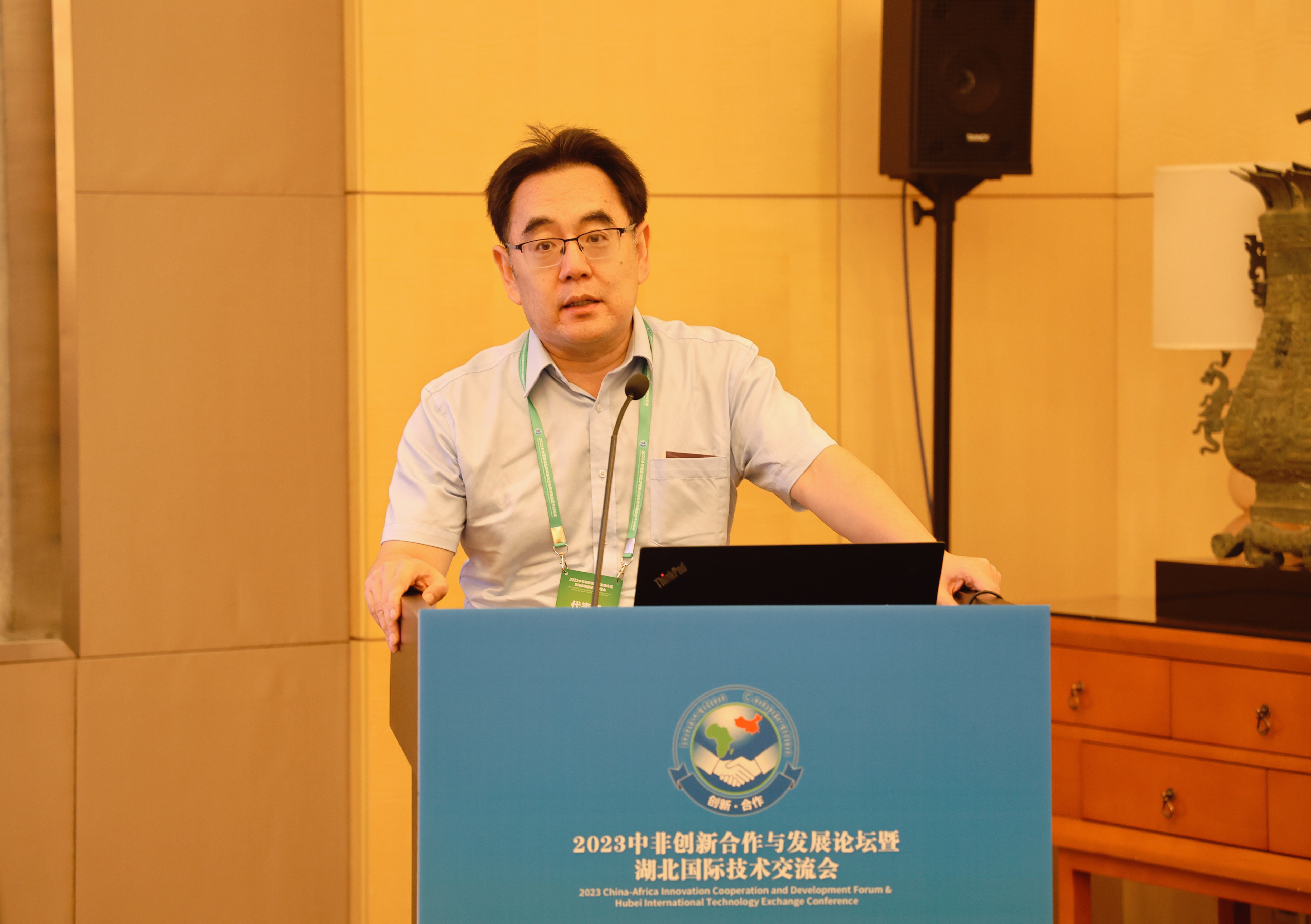
According to Tang Ming's report, optical communication systems serve as the foundational infrastructure for the digital economy. Optical fibre and cables are key elements, and hollow core anti-resonance fibre represents a potential future direction. The global optical communication technology trends focus on doubling capacity, reducing costs per unit bit, developing key materials and lasers for multi-band transmission, and exploring ultra-minimalist-related communication technology. Furthermore, the future network will see an increasing application of on-board data communication networks.
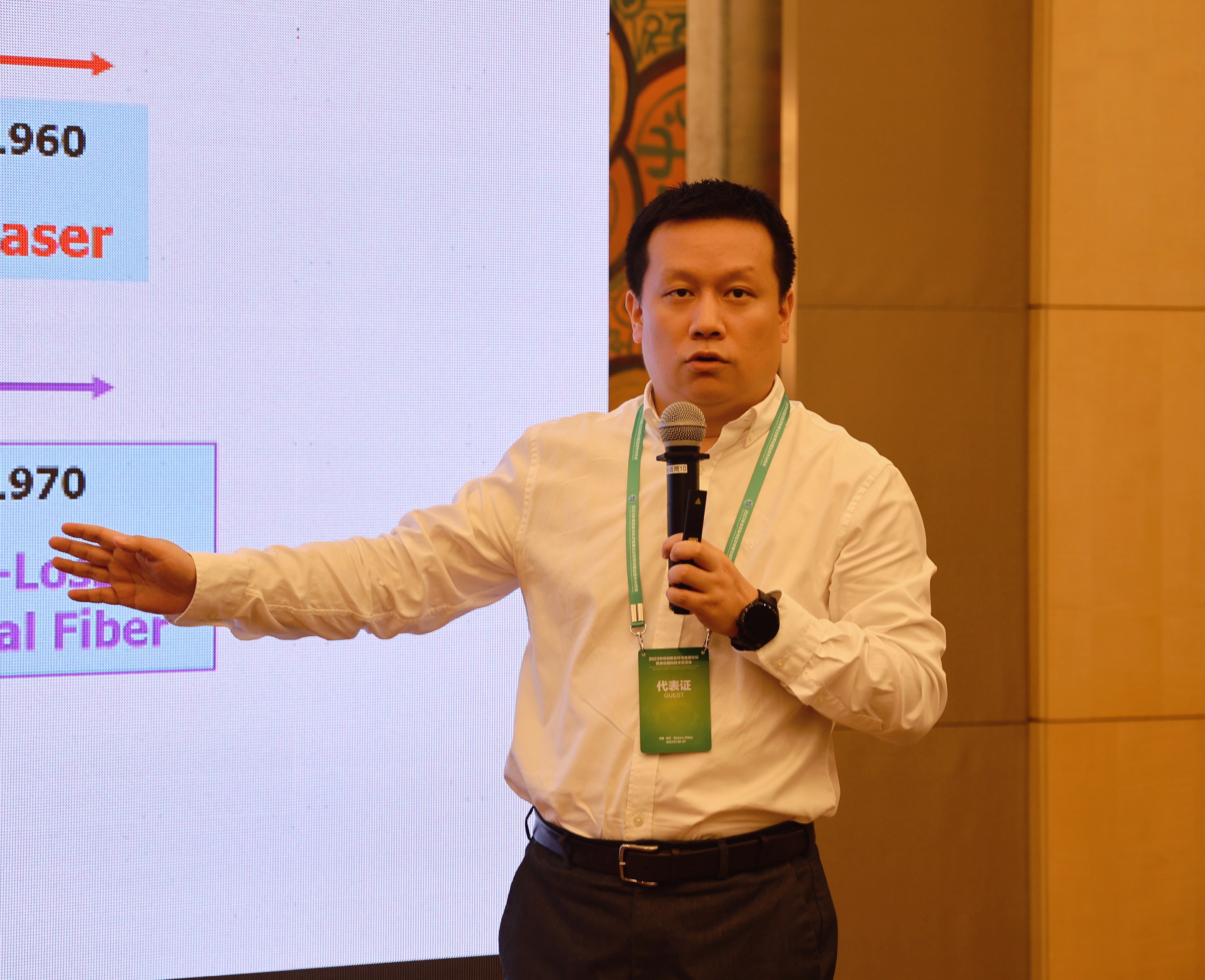
According to Pieter E. Viljoen's report, Africa's network bandwidth, penetration rate, speed, and fees still leave much to be desired, and its optical fibre network remains significantly underinvested. To bridge the digital divide and foster digital transformation in Africa, all stakeholders have to work together for greater infrastructure investments. Through innovation, YOFC South Africa Branch has made remarkable progress in reducing the diameter and cost of optical cables. They have provided affordable, high-density optical cables with smaller diameters for local distribution areas, becoming a pivotal force driving the construction of optical fibre networks.
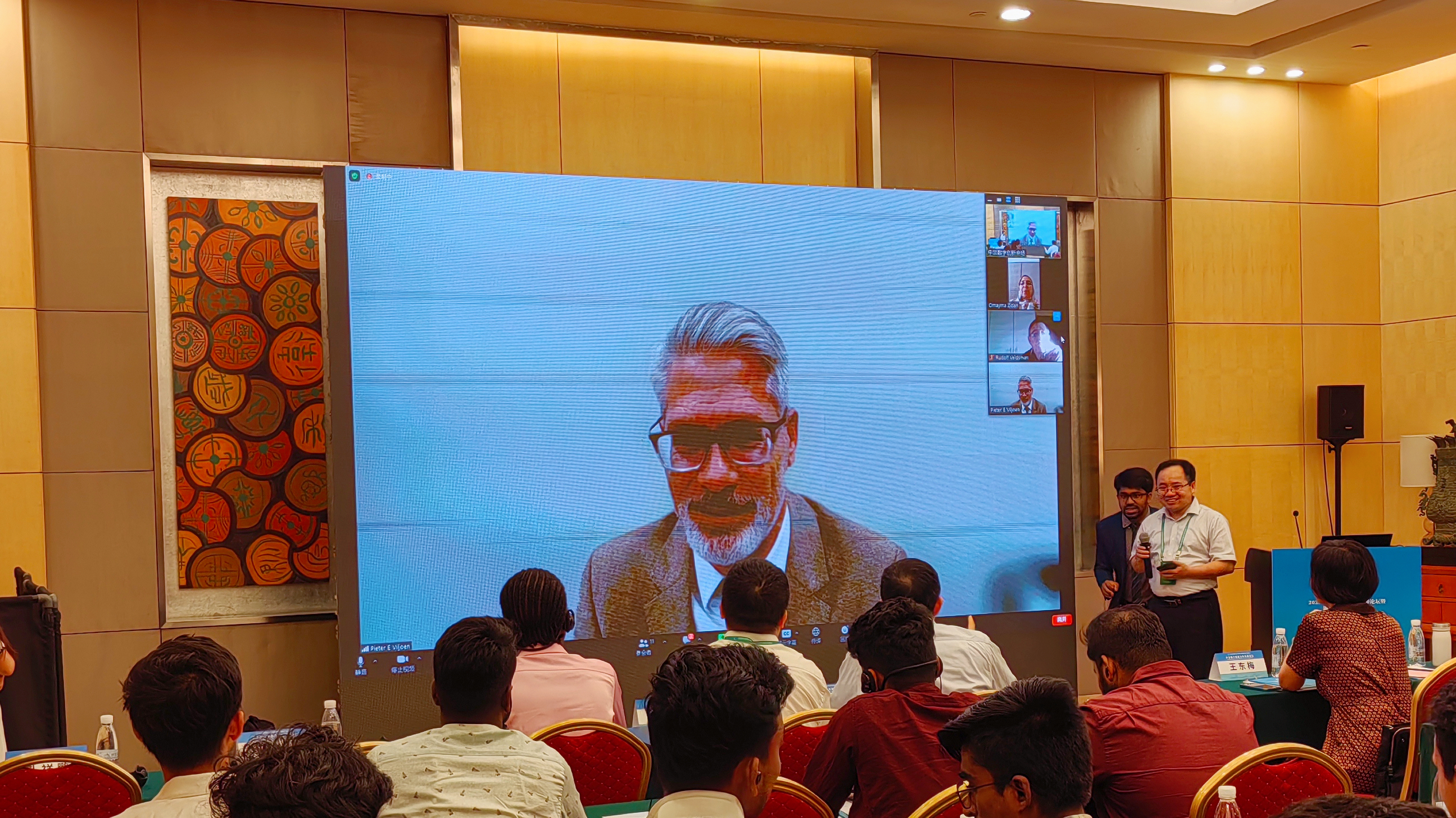
Other African guests delivered speeches on the development of the digital economy and the prospect of cooperation in digital technology innovation between China and Africa. About 30 overseas students from Zambia, Morocco, Angola, Rwanda, Pakistan and Bangladesh also attended the forum. They were interested in YOFC's industrial layout and internationalization development in Africa, Southeast Asia and other regions.
The exhibition showcased YOFC's commitment to implementing the Belt and Road Initiative, actively fostering industry deployment, and collaborating with major African operators to advance the communication industry and bridge the digital divide in Africa.

The success of the forum will generate new opportunities for digital innovation, development, and cooperation between China and Africa. This marks the beginning of a new journey toward building a China-Africa community with a shared future.
-
2025.12.31A New Chapter, Built for the Future
-
2025.09.12YOFC Showcases Diverse End-to-End Portfolio at CIOE 2025
-
2025.06.19YOFC Unveils “AI-2030” Strategy to Drive the Next Generation of AI-Ready Optical Infrastructure
-
2025.04.30YOFC Releases 2024 ESG Report, Advancing Innovation with Purpose and Responsibility
-
2025.04.28New Breakthrough! YOFC Multi-mode Fibre Achieves 212G VCSEL High-Speed Transmission
